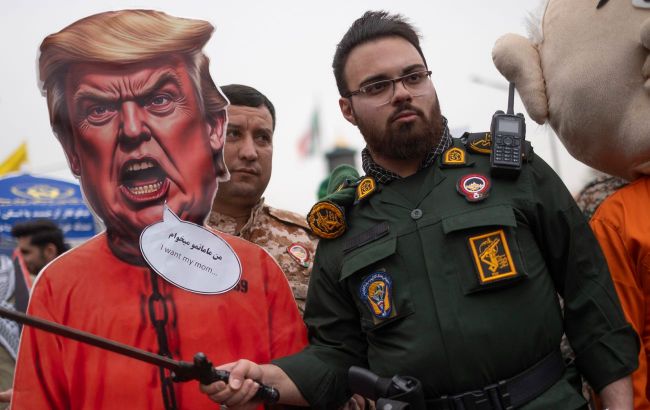Expert estimates Russia's ability to mediate in US-Iran negotiations
 Illustrative photo: an expert assessed whether Russia is capable of mediating in the US-Iranian talks (Getty Images)
Illustrative photo: an expert assessed whether Russia is capable of mediating in the US-Iranian talks (Getty Images)
Today, Russia no longer has much leverage over Iran. In particular, the use of Moscow as an intermediary between the United States and Iran will carry many risks for America, according to John Caves, Senior Research Associate at the Wisconsin Project on Nuclear Arms Control.
According to RBC-Ukraine's sources in the Ukrainian government, the United States has recently begun linking the Ukrainian and Iranian cases in its contacts with Russia. The idea involves possible concessions from Washington on Ukraine in exchange for Russia's pressure on Iran over its nuclear program. Moscow, in turn, supported this scenario.
"Russia does not appear to have much leverage over Iran at the moment. It is not a major economic partner for Iran and is unlikely to become one, as the two countries’ economies are not complementary from a trade perspective: both rely on energy exports," Caves said.
The expert added that Russia could offer to expand arms sales to Iran in exchange for Tehran's abandonment of nuclear weapons, but it is unclear whether the Iranian side would agree to such a step.
Caves noted that using Moscow as an intermediary carries many risks for the United States, as any messages coming through Russia are likely to be filtered to serve Russian interests.
According to him, Moscow could offer to expand conventional arms sales to Iran in exchange for Iran's abandonment of nuclear weapons, but it is unclear whether Tehran would agree to this.
Trump threatens Iran
Recently, Donald Trump threatened Iran with bombing if Tehran does not conclude a nuclear deal with Washington. In response, Iran's Supreme Leader Ayatollah Ali Khamenei put the country's armed forces on high alert.
In early April, it became known that the United States was preparing for possible clashes in the Middle East in the context of the confrontation with Iran.

